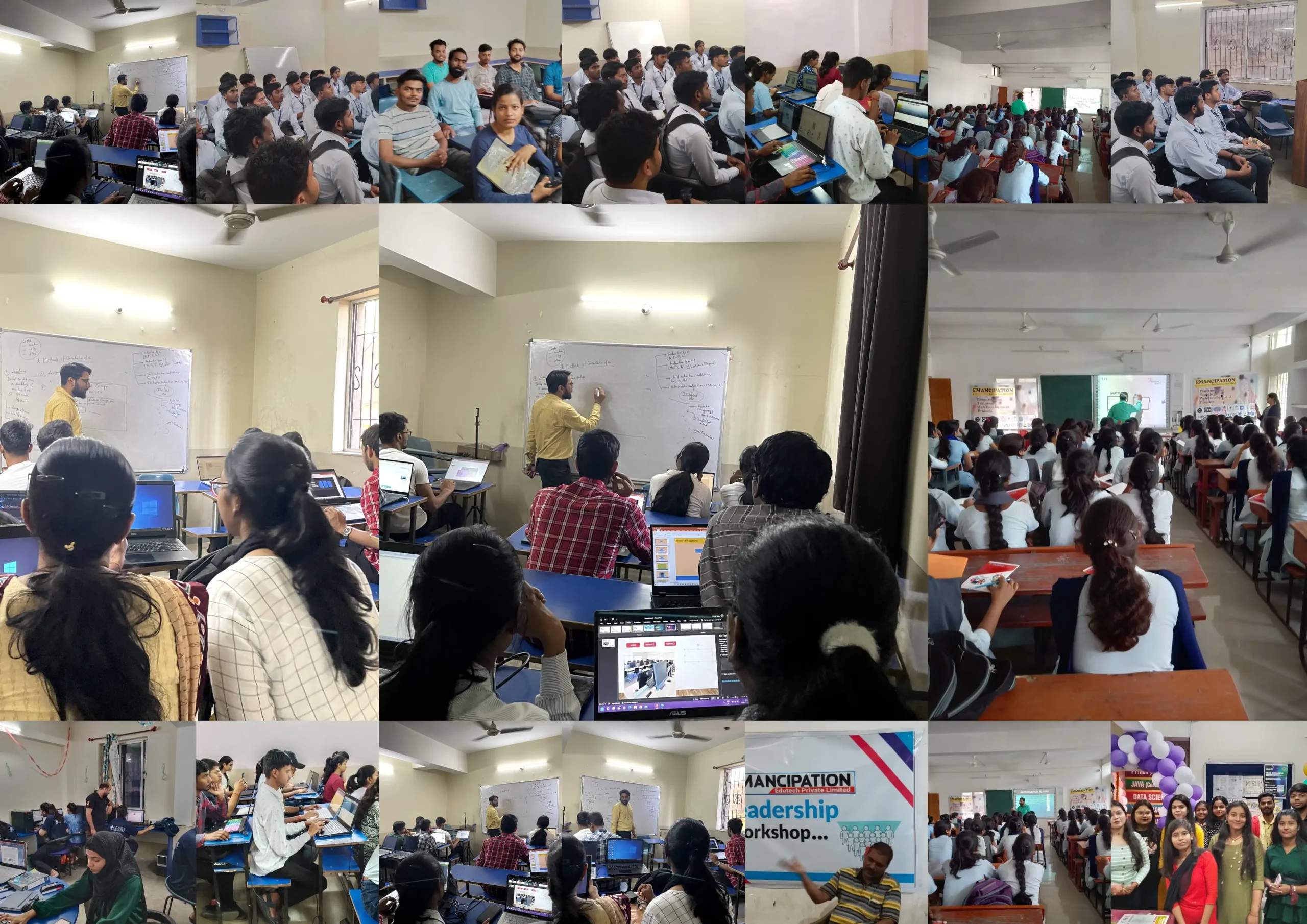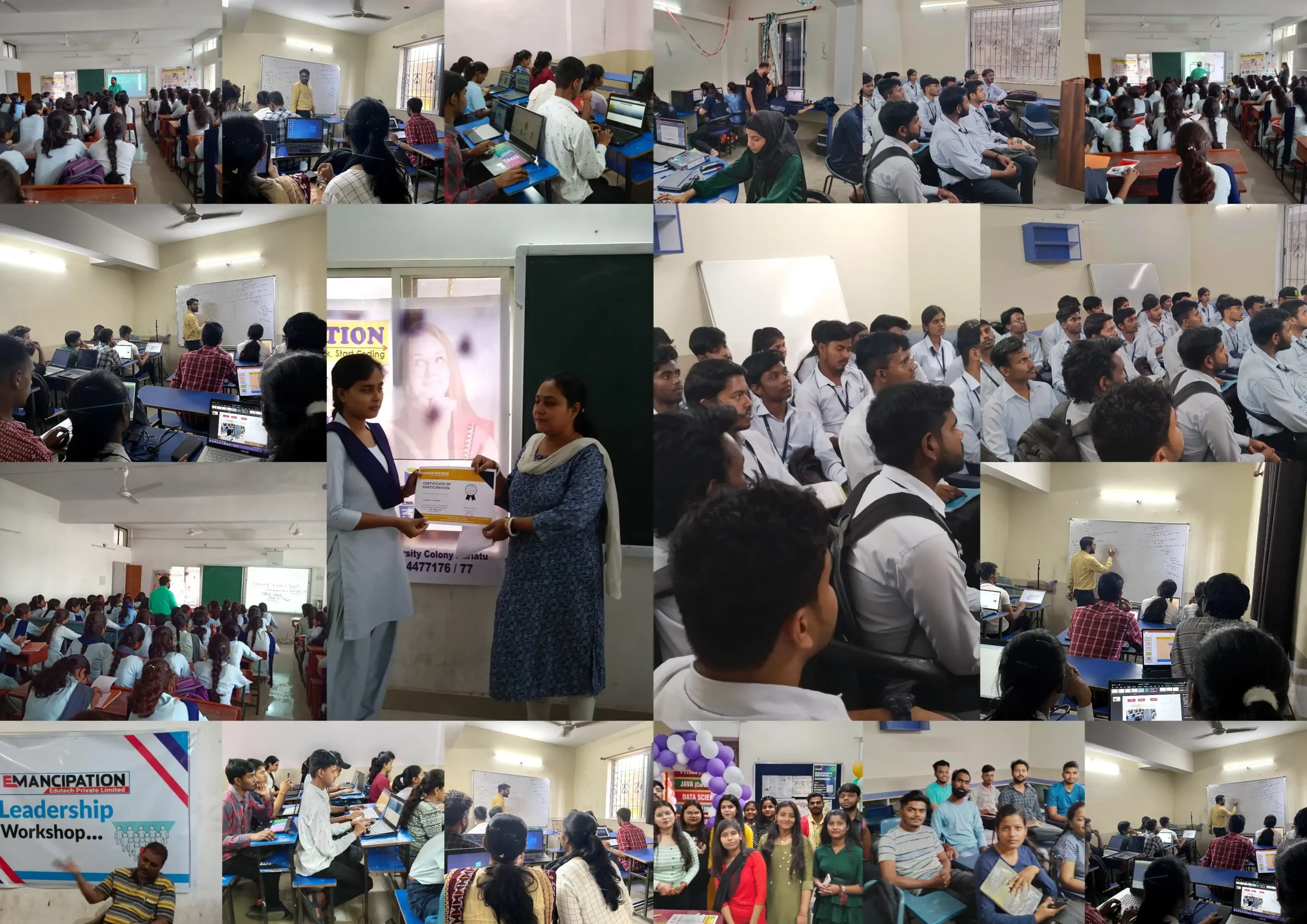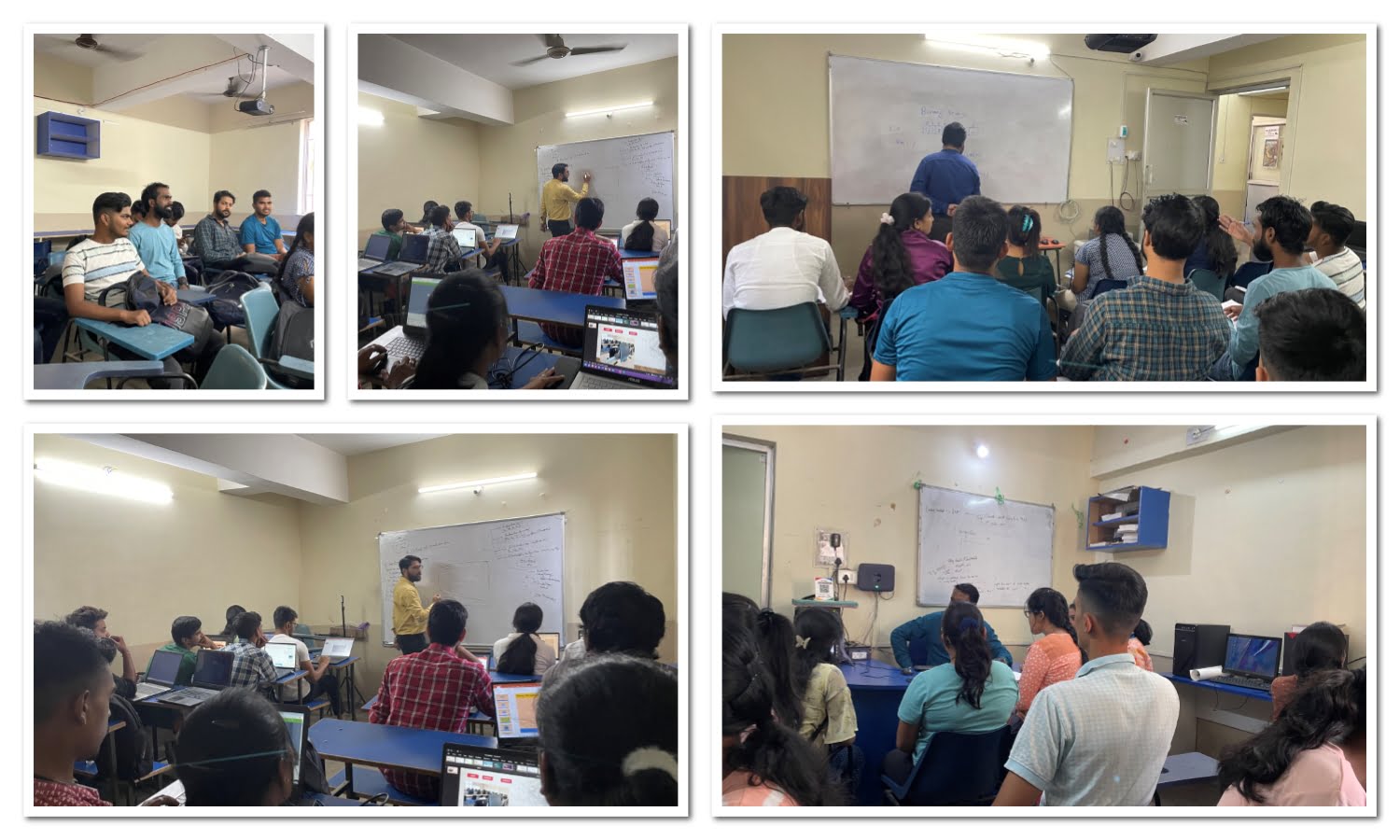Blogs Archive

Top 10 Real-World Applications of Artificial Intelligence in 2025 (Emancipation / Lalpur-Kokar Perspective)
Top 10 Real-World Applications of Artificial Intelligence in 2025 (Emancipation / Lalpur-Kokar Perspective) Artificial Intelligence (AI) is rapidly transforming industries

How Artificial Intelligence is Revolutionizing Everyday Life
How Artificial Intelligence is Revolutionizing Everyday Life Artificial Intelligence (AI) is no longer just a futuristic concept—it’s already part of

Why Ranchi is Emerging as a New IT Career Destination – Emancipation Edutech Pvt. Ltd.
Why Ranchi is Emerging as a New IT Career Destination – Emancipation Edutech Pvt. Ltd. Over the past few years,
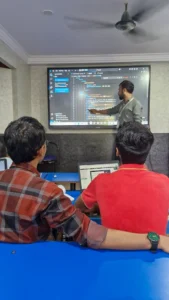
Job-Oriented IT Training Programs in Ranchi – Emancipation Edutech Pvt. Ltd.
Job-Oriented IT Training Programs in Ranchi – Emancipation Edutech Pvt. Ltd. In today’s fast-evolving digital world, having the right IT

Resume Building Tips for Data Science Jobs in Ranchi
Resume Building Tips for Data Science Jobs in Ranchi In today’s competitive IT and analytics job market, your resume is
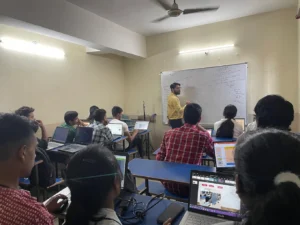
Success Stories: Job Placements from Emancipation Edutech in Ranchi
Success Stories: Job Placements from Emancipation Edutech in Ranchi In the heart of Ranchi’s growing IT and analytics sector, one

How to Crack Interviews for AI/ML Jobs in Ranchi: A Complete Guide by Emancipation Edutech
How to Crack Interviews for AI/ML Jobs in Ranchi: A Complete Guide by Emancipation Edutech Artificial Intelligence (AI) and Machine

Top Companies Hiring Data Scientists in Ranchi: Opportunities Near You
Top Companies Hiring Data Scientists in Ranchi: Opportunities Near You Data Science has become one of the most in-demand and

Placement Assistance Programs in Ranchi for AI/ML Students: How Emancipation Edutech Helps You Launch Your Career
Placement Assistance Programs in Ranchi for AI/ML Students: How Emancipation Edutech Helps You Launch Your Career Artificial Intelligence (AI) and

IT Job Placements in Ranchi: How Emancipation Edutech Helps Shape Your Career
IT Job Placements in Ranchi: How Emancipation Edutech Helps Shape Your Career In today’s fast-paced digital world, the IT industry

Job Opportunities in Data Analytics in Ranchi
Job Opportunities in Data Analytics in Ranchi Build a Rewarding Career with Emancipation Edutech Pvt. Ltd. In today’s data-driven age,

Real-World Applications of Data Analytics in Ranchi
Real-World Applications of Data Analytics in Ranchi Transforming Industries with Emancipation Edutech In today’s fast-evolving digital landscape, data analytics has

How Data Analytics is Transforming Businesses in Ranchi
How Data Analytics is Transforming Businesses in Ranchi Empowering Growth Through Insights with Emancipation Edutech In today’s competitive digital world,
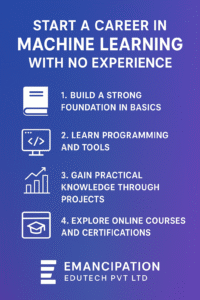
Career Roadmap for Data Analysts in Ranchi
Career Roadmap for Data Analysts in Ranchi Build a Future-Ready Career with Emancipation Edutech In today’s data-driven world, every business

Future Scope of Data Analytics in Ranchi
Future Scope of Data Analytics in Ranchi With Special Reference to Emancipation Edutech Introduction Data Analytics is no longer just

Top Companies Hiring Data Scientists in Ranchi: Opportunities Near You

Placement Assistance Programs in Ranchi for AI/ML Students: How Emancipation Edutech Helps You Launch Your Career






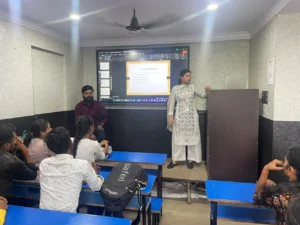
Data Analytics Certification Programs in Ranchi – Build a Future-Ready Career with Emancipation Edutech Pvt. Ltd.



Data Analytics Training in Ranchi: Skills for the Future



Why Emancipation Edutech is the Best Place to Learn Programming and Data Science
